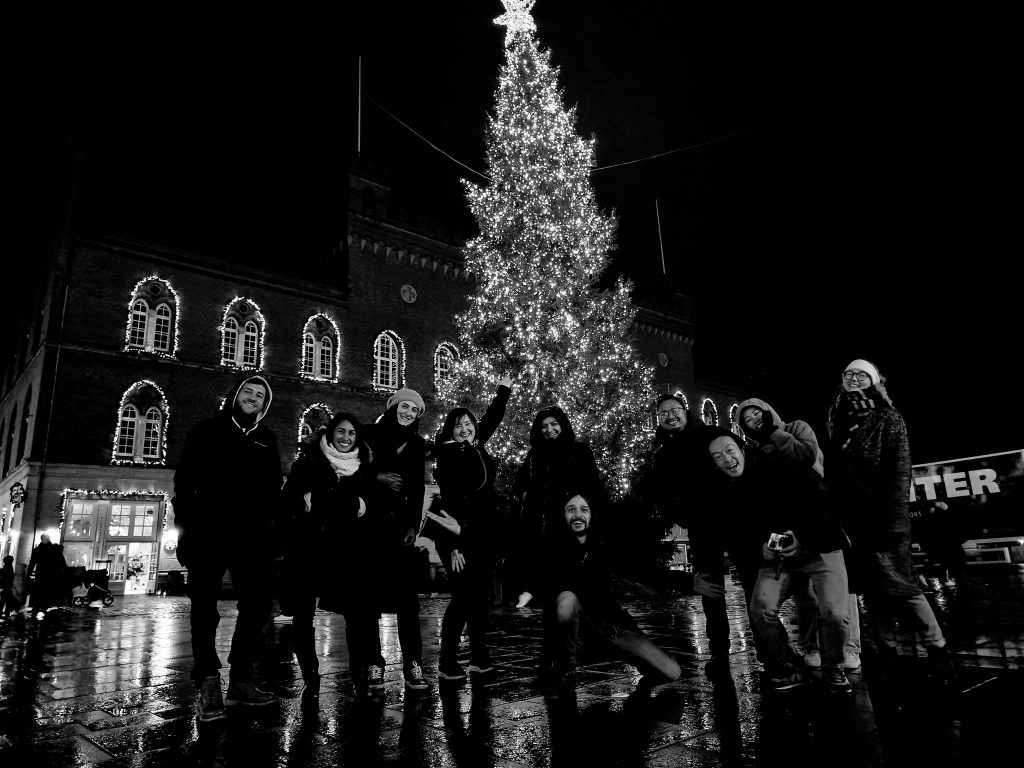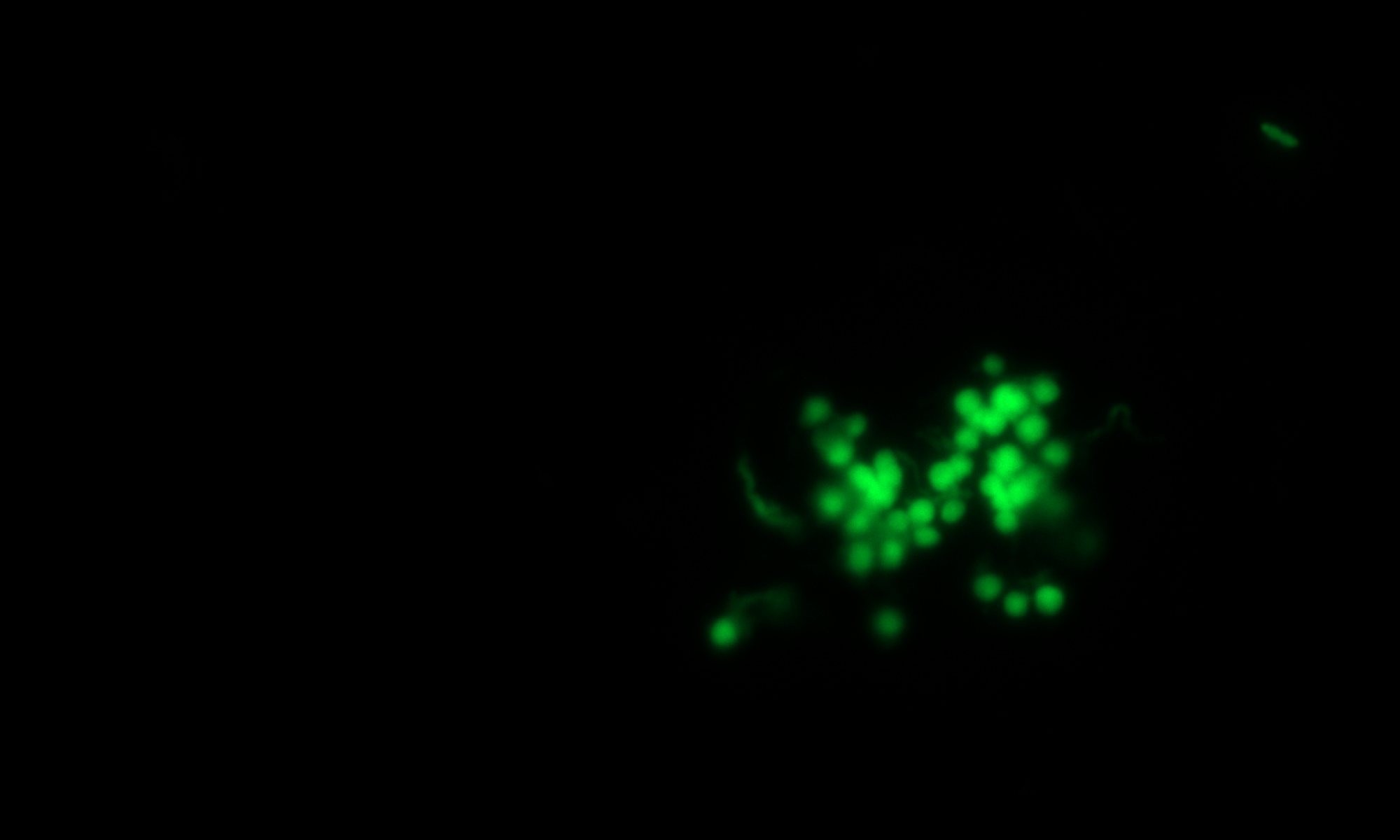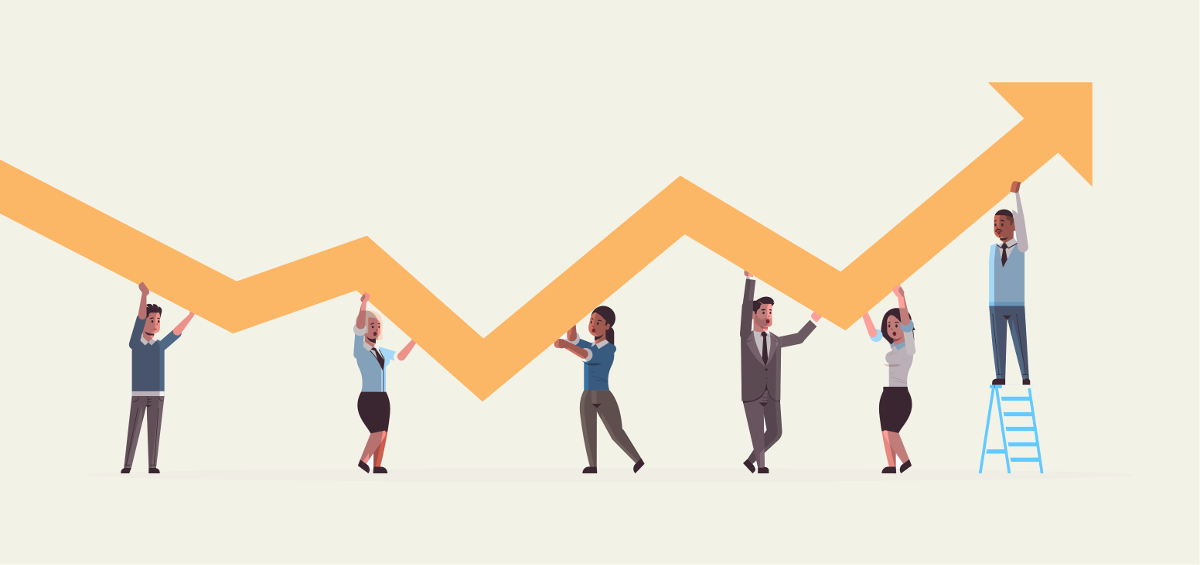The team has grown.
A lot has happened since the last update in autumn 2022.
So what is new?
In November 2023, Karina Hernandez, an oceanographer from UNAM, Mexico, started her Ph.D. with us. Her research topic is methane cycling and microbial interactions mediated by minerals in marine sediments from arctic and subarctic coastlines.
We hosted Teto Sheitshiro, a geomicrobiology Ph.D. student, from the University of Manchester (Lloyd lab). Teto has been with us for 3-months working on anaerobic methane oxidation coupled with iron reduction.
Mid-January 2023, two molecular biology and biotechnology students from the University of Rome joined the team with ERASMUS fellowships. Valentina Palushi and Pamela Ciacia are now learning to create mutants in Geobacter and study environmental consortia dependent on conductive particles.
In February, we welcomed four BSc thesis students to the team. Sarah Sabro Damgaard is continuing her hunt for isolating methanogens from marine sediments after a successful independent study activity in our team. Anne Salsgaard Anderson has started a bachelor thesis studying the best conditions for electromethanogenesis by Methanosacina. Sebastian Bak Bjørnskov is developing a vector construct for gene modifications of Geobacter metallireducens. Ask Våtvik Balsløv is looking at differences in cellular aggregation in marine and freshwater Methanosarcina species.
In March 2023, we will welcome a material science engineering Ph.D. student from UCAS, China – Yanan Wang. Yanan isolated methanogens and sulfate reducers from corroded pipelines in China. She won a UCAS fellowship to join the team for one year to study interspecies interactions between her isolates and the impact of the coupled partners on steel corrosion.

A 2022 Christmas photo of some of the team members.

